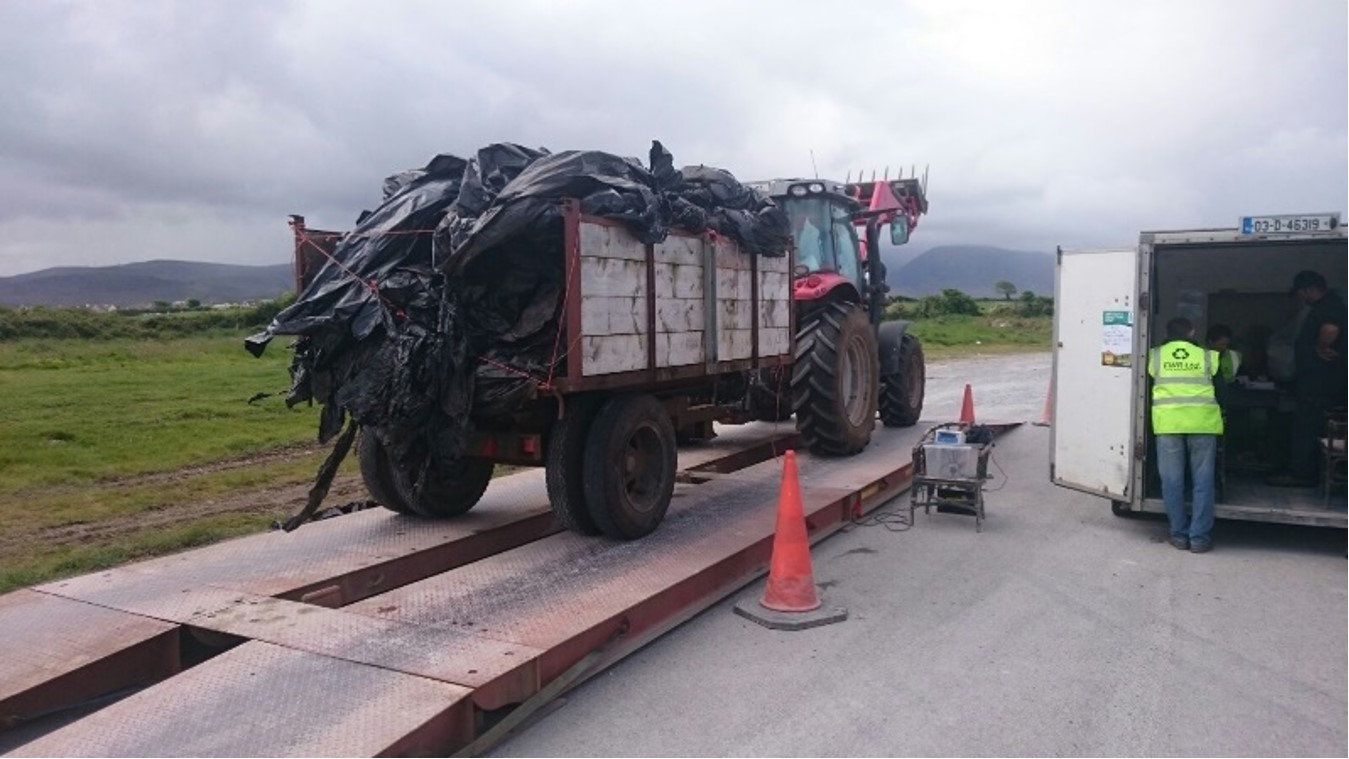AES Bord na Móna is to open a new farm plastics recycling plant in Littleton, Co. Tipperary, this summer. The plant, which will generate 40 jobs locally, is currently being installed at the old peat briquette factory in Littleton.
It will be capable of recycling over 20,000t of farm plastics waste annually and will be the only plant in the country capable of producing a pellet, which is the building block for new plastic products.
IFFPG, the national farm plastics recycling scheme, has welcomed this development and is committed to supplying to the plant a substantial proportion of the 30,000t of farm plastics waste that it collects annually from Irish farmers.
Joint venture
The plant, which represents a major investment of €5 million, is a joint venture between AES Bord na Móna and Sabrina Integrated Services.
Sabrina is a Chinese company with considerable experience at operating both plastics recycling and production facilities in Asia, while AES Bord na Móna is a well-established and significant player in the waste management sector in Ireland.
The equipment for the Littleton facility has been supplied by Sabrina.
Welcome development
The opening of a large farm plastics recycling plant in Ireland is considered critical to the continued success of farm plastics recycling in the country.
Ireland has one of the most efficient and successful recycling schemes in Europe, with IFFPG currently collecting 30,000t of farm plastics waste each year at 235 bring-centres. However, all this waste is exported to European facilities due to a lack of domestic infrastructure.
Costs associated with supplying to European facilities have recently escalated due to Europe becoming flooded with waste as a result of the Chinese deciding to cease importing plastics waste at the beginning of 2018.
This in turn has led to increased collection charges for farmers this year.
The establishment of the Littleton plant is therefore considered critical in terms of providing a convenient and cost-effective solution for farm plastics waste collected in Ireland.
Liam Moloney, general manager with IFFPG, said: “IFFPG welcomes the new facility and is committed to supplying the plant with its input requirements.”
He added that the new facility “is vital in terms of increasing demand for farm plastics waste, reducing dependency on foreign facilities and ultimately reducing recycling costs to farmers”.
The recycling process
The recycling process at the Littleton plant will initially see farm plastics waste shredded into small pieces to allow for its more efficient management. It will then be thoroughly washed to ensure that all contamination is removed.
Following washing, the waste will be dried in preparation for extrusion. Extrusion involves heating and melting the plastic at a high temperature to allow for the production of plastic pellets, which are the finished product.
Pellets produced at the Littleton plant will then be sold to a range of manufacturers in Ireland and abroad for conversion into a range of new plastic packaging products.



